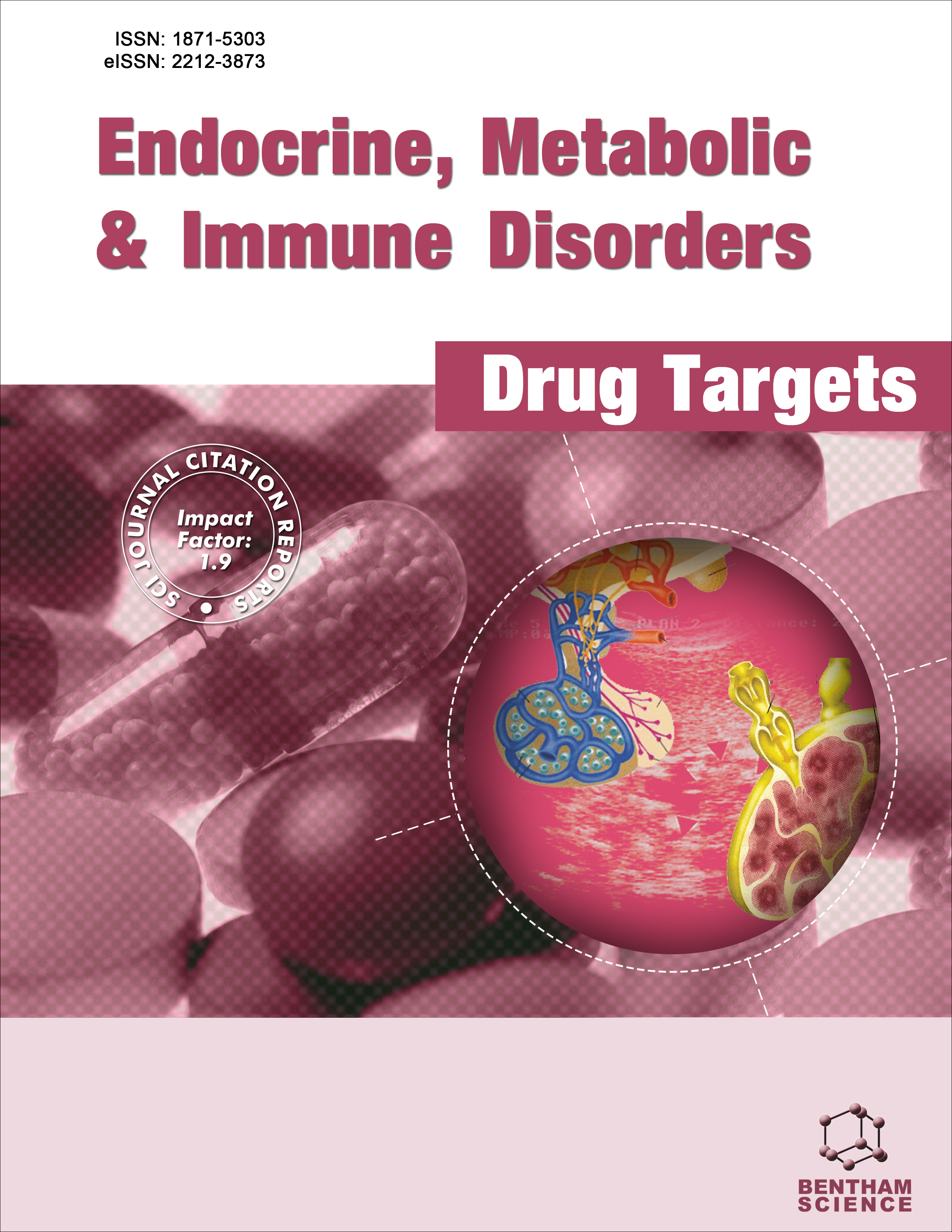-
s Immunomodulatory Properties of ES-62, a Phosphorylcholine - Containing Glycoprotein Secreted by Acanthocheilonema viteae
- Source: Endocrine, Metabolic & Immune Disorders-Drug Targets, Volume 12, Issue 1, Mar 2012, p. 45 - 52
-
- 01 Mar 2012
Abstract
Filarial nematodes are parasites that have the ability to persist in their hosts for extended periods of time due to the employment of various mechanisms to divert or down-regulate the host's immune responses. One of these mechanisms is the production of immunomodulatory excretory-secretory (ES) products. This review will discuss the properties of one such product, ES-62, which over the years, has been shown to interact with and modulate the activities of a variety of cells of the immune system including B and T lymphocytes, dendritic cells, macrophages and mast cells. Overall, ES-62 diverts the immune system towards an anti-inflammatory phenotype and consistent with this it has been shown to have therapeutic potential in models of inflammatory disease associated with autoimmunity and allergy.


